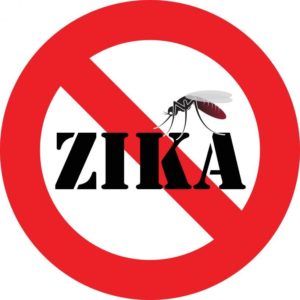
Zika Virus
The Virus is mosquito-borne flavivirus that was first identified in Uganda in 1947 in monkeys through a network that monitored yellow fever. It was alter identified in humans in 1952 in Uganda and the United Republic of Tanzania. Outbreak of the virus disease have been recorded in Africa, The Americas, Asia and the Pacific.
The incubation period (the time from exposure to symptoms) of Zika virus disease is not clear, but is likely to be a few days. The symptoms are similar to other arbovirus infections such as dengue, and include fever, skin rashes, conjunctivitis, muscle and joint pain, malaise, and headache. These symptoms are usually mild and last for 2-7 days.
Based on a systematic review of the literature up to 30 May 2016, WHO has concluded that virus infection during pregnancy is a cause of congenital brain abnormalities, including microcephaly; and that Zika virus is a trigger of Guillain-Barré syndrome. Intense efforts are continuing to investigate the link between Zika virus and a range of neurological disorders, within a rigorous research framework.
Zika virus is primarily transmitted to people through the bite of an infected mosquito from the Aedes genus, mainly Aedes aegypti in tropical regions. Aedes mosquitoes usually bite during the day, peaking during early morning and late afternoon/evening. This is the same mosquito that transmits dengue, chikungunya and yellow fever. Sexual transmission of Zika virus is also possible. Other modes of transmission such as blood transfusion are being investigated.
We at Southern Pest Control can help control the mosquitos around your home Please call us at 800 527-9832 to have one of our trained experts come out and give you a free quote on protection your home from not only mosquitos but also all unwanted pests. Please visit our website at www.southernpestcontrol.biz to meet our team.

